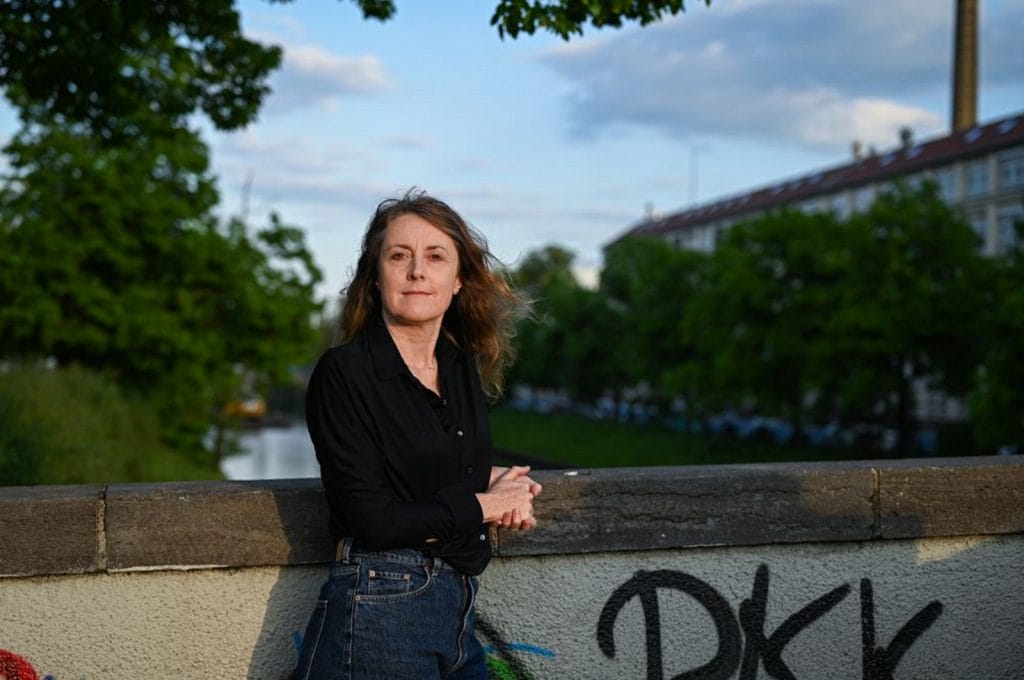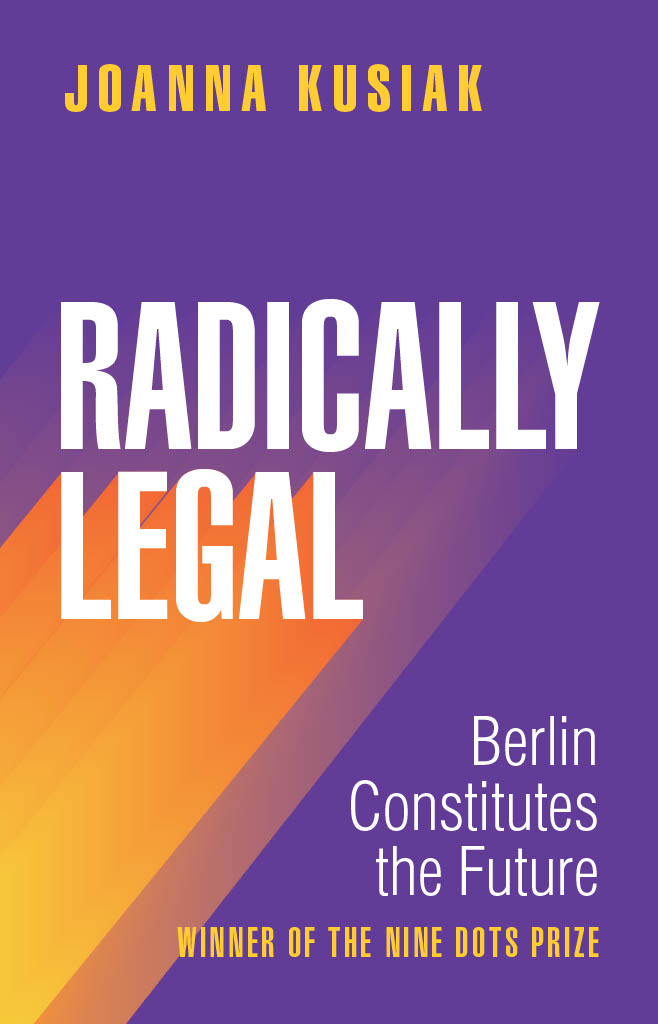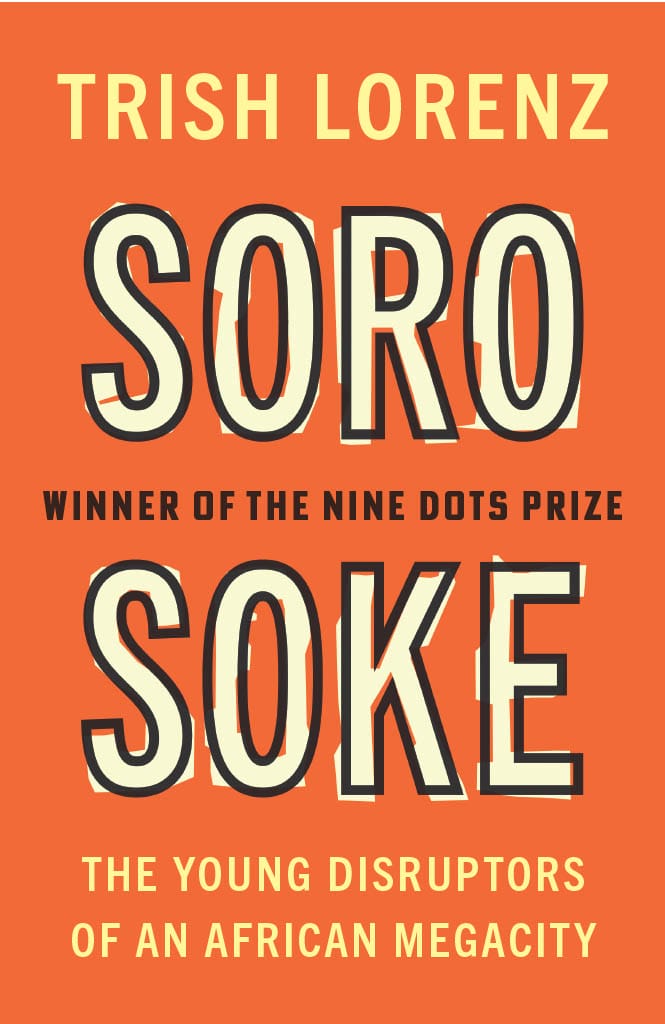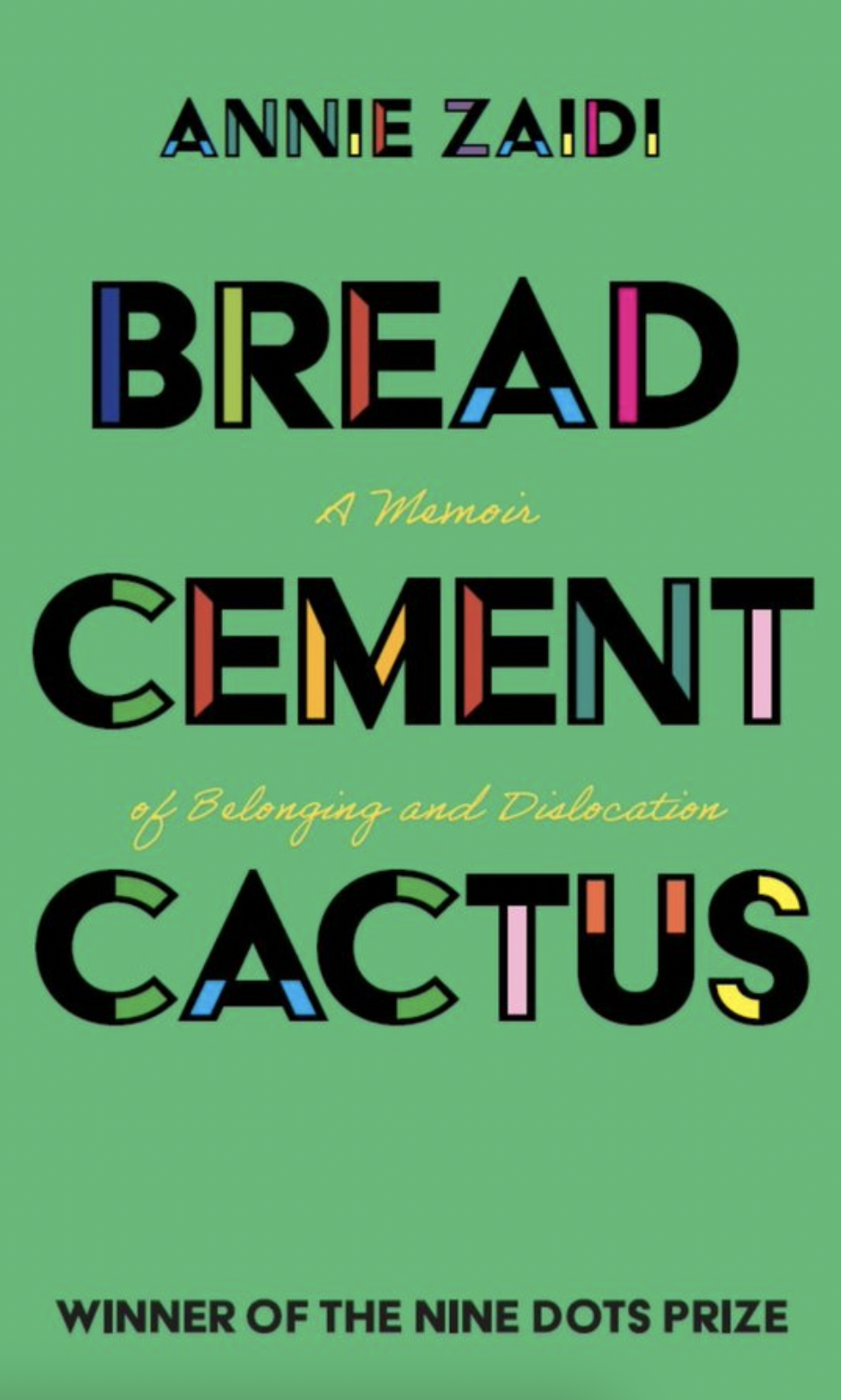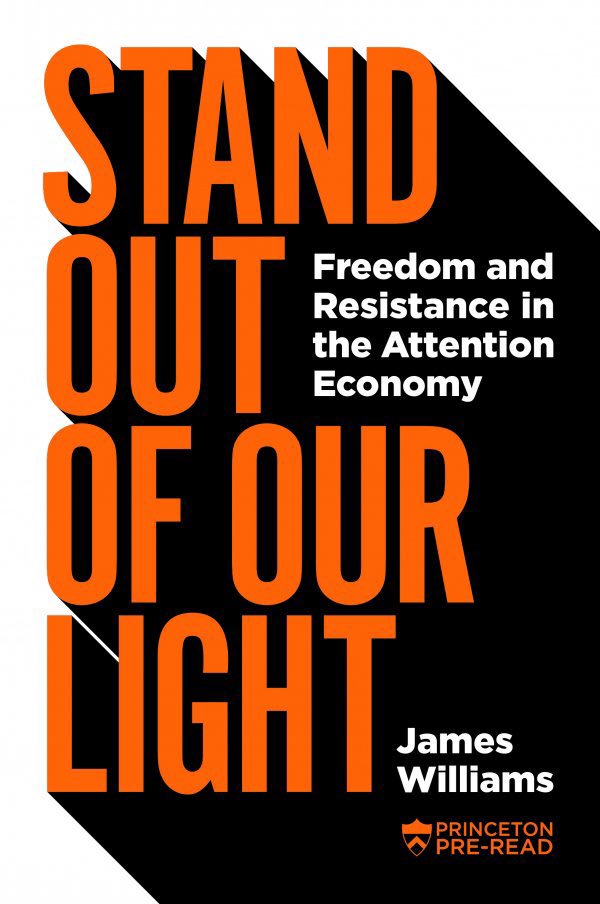Q&A with 2021/2022 Nine Dots Prize winner Trish Lorenz
9 August, 2021
Did you always want to be a journalist?
I always loved writing, even as a child. When I was 10 years old, I wrote a small book called ‘On the lives of chickens’ because I was slightly obsessed with our new chickens. I grew up in Australia but went travelling after university and worked all sorts of jobs all over the world, including in an advertising agency in London and heading up the marketing team for Virgin Atlantic Airlines in Delhi. Afterwards I came back to London and completed a post-graduate diploma in journalism and have been a journalist for the last 20 years.
Can you give us a brief potted history of your career to date?
I started my journalism career on a trade magazine called Design Week, where I was news editor. Afterwards, I worked maternity cover stints at The Guardian and Elle Decoration magazine, then went freelance. I was a design columnist at i and The Independent and reporting for The Financial Times, The Guardian, The Telegraph and The Sunday Times, among others. In 2014, I moved to Lisbon as Portugal correspondent for Monocle magazine. In 2020 I relocated to Berlin, to take a break from journalism and write a series of crime novels (the first of which will be published in 2022).
How did you hear about the Prize?
Through an online newsletter called Freelance Writing Jobs.
What was your initial reaction to the question?
I thought it was an interesting topic, but I felt it was very western-centric. I knew that, although the Global North is facing issues with ageing, Africa has a massive and growing youth population. I felt that the question should be framed more around an ageing west or ageing North than an ageing world. And that inspired my response.
Your essay is focused on youth populations in sub-Saharan Africa as a way to frame the question. What led you to this particular approach?
As I was doing research on young African populations, I found very little written about them, other than what a problem it was going to be for the west if they all wanted to migrate here! There was lots of research into US and European Gen Z and Millennials and how they feel about life, and I thought it would be interesting and timely to ask young Africans for their perspective.
How difficult was it to condense your ideas into 3,000 words?
Not too difficult, as a journalist I’m used to writing to word limits.
What resources did you use to help with your submission?
I did a lot of online research, read quite widely, spoke to young Nigerians on Twitter and by email, spoke with artists and writers whose work touches Africa and Nigeria, read some Afro-futurist fiction to get inspired and watched Black Panther again (any excuse :-)).
As well as the book deal there is a substantial cash prize. Does this in some way expand what will be possible as you research and write your book?
The prize money is really what makes this book possible. It enables me to visit Nigeria and spend a reasonable amount of time there. I’m also hoping to work with a local photographer as part of the project, which wouldn’t be possible without the prize money. And because it is such a generous amount, I’m able to dedicate myself full-time to the project, which is a wonderful gift. Instead of fitting the research in around a day job, I can immerse myself in it. It’s very rare to be given eight months fully funded to work on a project like this and I’m loving it.
What are you most excited about in the coming months as you undertake this work?
My trip to Nigeria. I love the energy and life and vibe of African cities. I’m excited to spend time in Lagos and Abuja and of course, to meeting and talking with talented and inspiring young Nigerians. I’m also looking forward to spending time working in Cambridge. It’s a dream to work on a book, surrounded by interesting people from around the world and with access to Cambridge’s academic resources.
What is it you hope to understand through this process of researching and developing the ideas in your essay?
I hope I can capture some interesting insights into the hopes, aspirations and concerns of the cohort of young people who will lead our world through the middle of this century.
What would you say to anyone thinking of entering the Prize in future?
Do it! It is an amazing opportunity, and it could totally be yours. I didn’t expect to win, I was genuinely surprised that my essay was chosen. Next time it could be you. I would also recommend spending a decent amount of time on the entry (I took around six weeks of thinking about it and working on it around my day job) to really refine the thesis and the idea. I enjoyed the process of entering the prize and by the time I’d written my entry essay I knew that I’d learnt a lot and even if I didn’t win, I had the outline of a story that was worth pursuing.
